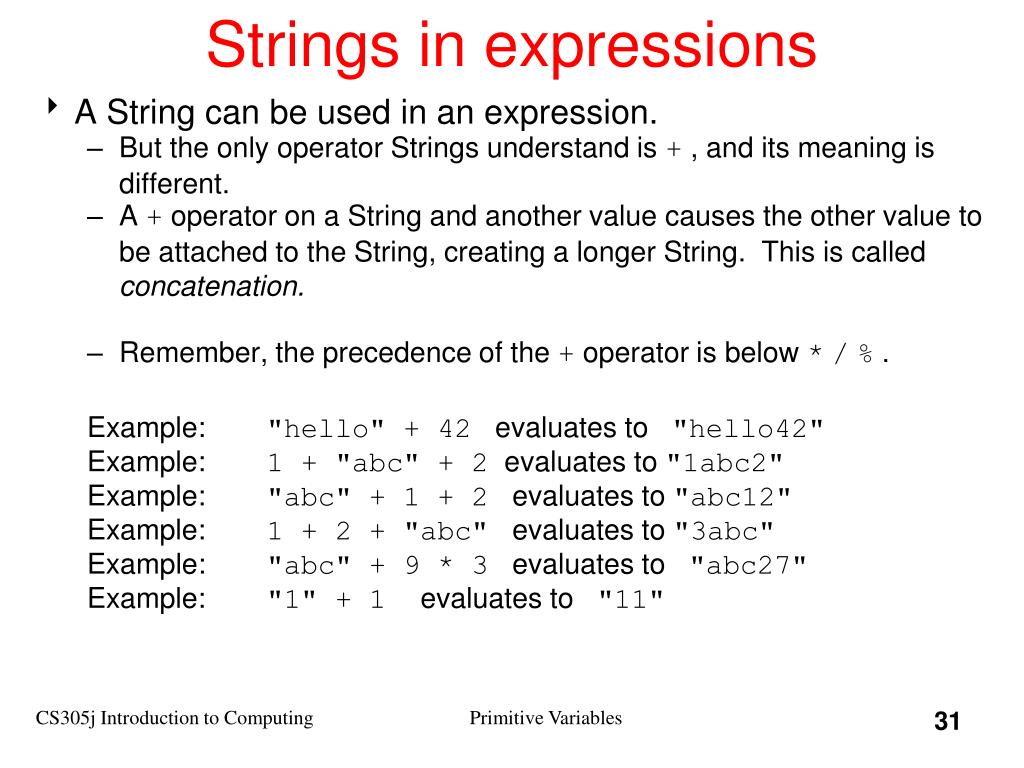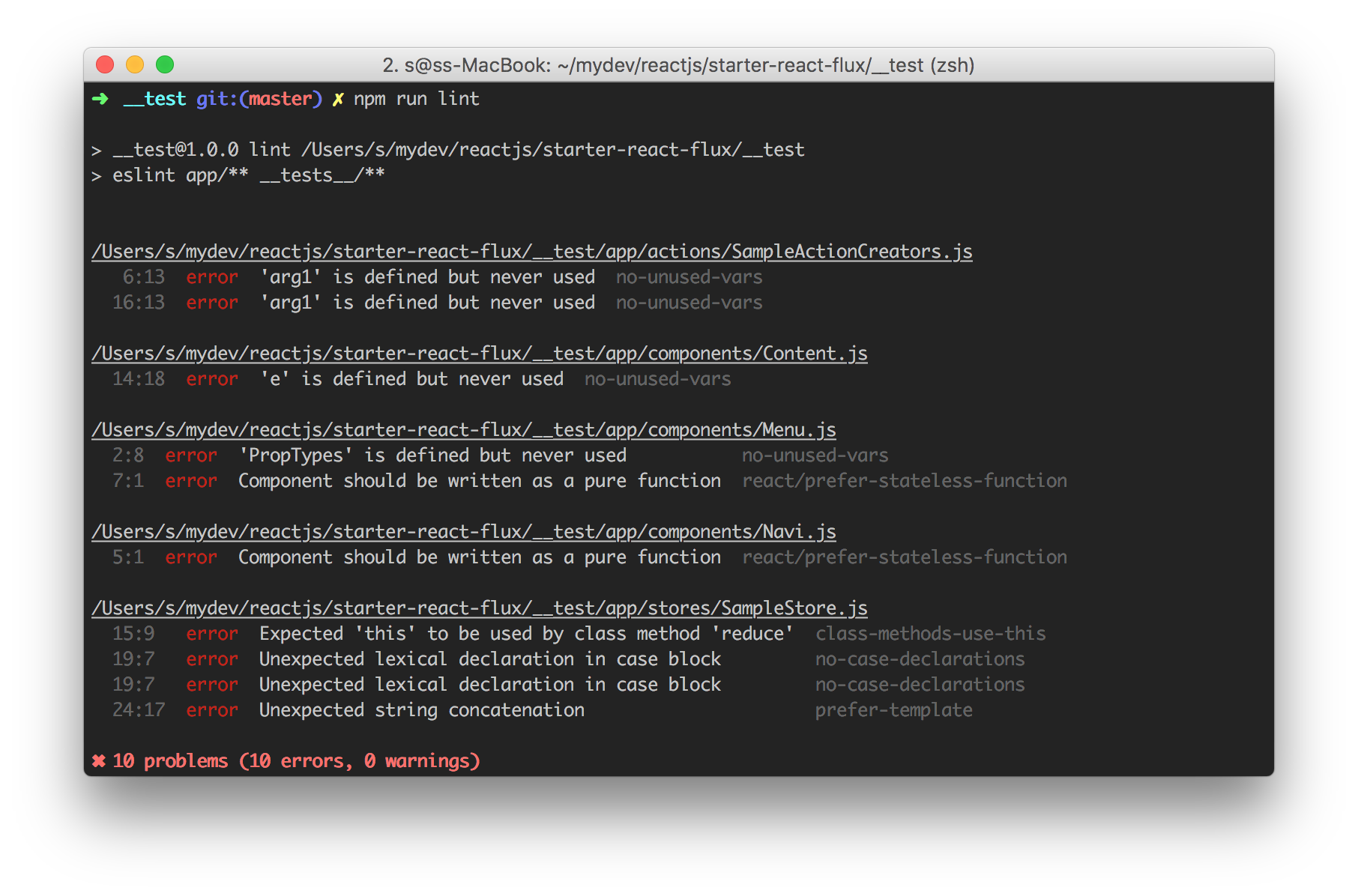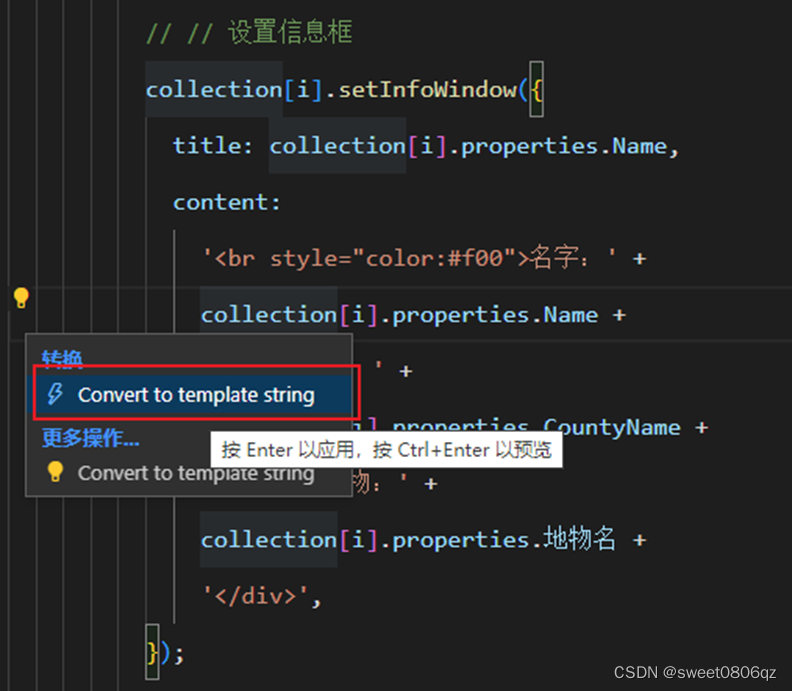Unexpected Template String Expression - An “unexpected template string” error can occur when you have used a template string. It can be easy to use the wrong quotes when wanting to use template literals, by writing ${variable},. This rule aims to warn when a regular string contains what looks like a template literal placeholder. Template literals are literals delimited with backtick (`) characters, allowing for multi.
It can be easy to use the wrong quotes when wanting to use template literals, by writing ${variable},. Template literals are literals delimited with backtick (`) characters, allowing for multi. An “unexpected template string” error can occur when you have used a template string. This rule aims to warn when a regular string contains what looks like a template literal placeholder.
This rule aims to warn when a regular string contains what looks like a template literal placeholder. Template literals are literals delimited with backtick (`) characters, allowing for multi. It can be easy to use the wrong quotes when wanting to use template literals, by writing ${variable},. An “unexpected template string” error can occur when you have used a template string.
Unexpected Template String Expression
It can be easy to use the wrong quotes when wanting to use template literals, by writing ${variable},. Template literals are literals delimited with backtick (`) characters, allowing for multi. This rule aims to warn when a regular string contains what looks like a template literal placeholder. An “unexpected template string” error can occur when you have used a template.
Unexpected String Concatenation PreferTemplate
It can be easy to use the wrong quotes when wanting to use template literals, by writing ${variable},. An “unexpected template string” error can occur when you have used a template string. This rule aims to warn when a regular string contains what looks like a template literal placeholder. Template literals are literals delimited with backtick (`) characters, allowing for.
Unexpected Template String Expression
An “unexpected template string” error can occur when you have used a template string. This rule aims to warn when a regular string contains what looks like a template literal placeholder. It can be easy to use the wrong quotes when wanting to use template literals, by writing ${variable},. Template literals are literals delimited with backtick (`) characters, allowing for.
Unexpected Template String Expression
Template literals are literals delimited with backtick (`) characters, allowing for multi. It can be easy to use the wrong quotes when wanting to use template literals, by writing ${variable},. This rule aims to warn when a regular string contains what looks like a template literal placeholder. An “unexpected template string” error can occur when you have used a template.
Unexpected Template String Expression
It can be easy to use the wrong quotes when wanting to use template literals, by writing ${variable},. An “unexpected template string” error can occur when you have used a template string. This rule aims to warn when a regular string contains what looks like a template literal placeholder. Template literals are literals delimited with backtick (`) characters, allowing for.
Unexpected Template String Expression
This rule aims to warn when a regular string contains what looks like a template literal placeholder. Template literals are literals delimited with backtick (`) characters, allowing for multi. It can be easy to use the wrong quotes when wanting to use template literals, by writing ${variable},. An “unexpected template string” error can occur when you have used a template.
Unexpected String Concatenation PreferTemplate
It can be easy to use the wrong quotes when wanting to use template literals, by writing ${variable},. Template literals are literals delimited with backtick (`) characters, allowing for multi. An “unexpected template string” error can occur when you have used a template string. This rule aims to warn when a regular string contains what looks like a template literal.
Unexpected String Concatenation PreferTemplate
Template literals are literals delimited with backtick (`) characters, allowing for multi. This rule aims to warn when a regular string contains what looks like a template literal placeholder. It can be easy to use the wrong quotes when wanting to use template literals, by writing ${variable},. An “unexpected template string” error can occur when you have used a template.
Unexpected Template String Expression
Template literals are literals delimited with backtick (`) characters, allowing for multi. An “unexpected template string” error can occur when you have used a template string. It can be easy to use the wrong quotes when wanting to use template literals, by writing ${variable},. This rule aims to warn when a regular string contains what looks like a template literal.
Unexpected Template String Expression
This rule aims to warn when a regular string contains what looks like a template literal placeholder. It can be easy to use the wrong quotes when wanting to use template literals, by writing ${variable},. An “unexpected template string” error can occur when you have used a template string. Template literals are literals delimited with backtick (`) characters, allowing for.
Template Literals Are Literals Delimited With Backtick (`) Characters, Allowing For Multi.
An “unexpected template string” error can occur when you have used a template string. It can be easy to use the wrong quotes when wanting to use template literals, by writing ${variable},. This rule aims to warn when a regular string contains what looks like a template literal placeholder.









